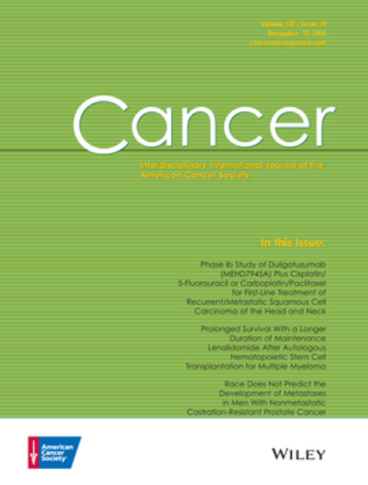Dietary quality and chemotherapy-induced peripheral neuropathy in colon cancer
Abstract
Background
Chemotherapy-induced peripheral neuropathy (CIPN) is a common and dose-limiting chemotoxicity caused by oxaliplatin. This study investigated the relationship between dietary quality and the development of moderate and/or severe CIPN in colon cancer survivors using data from the Focus on Reducing Dose-Limiting Toxicities in Colon Cancer with Resistance Exercise trial (ClinicalTrials.gov identifier NCT03291951).
Methods
Diet quality was collected using a 127-item food-frequency questionnaire and was scored using the Alternative Healthy Eating Index-2010 (AHEI-2010). CIPN was assessed with the Patient-Reported Outcomes version of the Common Terminology Criteria for Adverse Events at each chemotherapy cycle. The association of dietary quality with time to the first moderate-to-severe (moderate-severe) or severe event of CIPN was estimated using Cox proportional hazards models. Only participants who received oxaliplatin were included in this analysis (n = 132).
Results
Seventy-four participants (56.1%) reported moderate-severe CIPN. Higher dietary quality was associated with a significantly decreased risk of moderate-severe CIPN (hazard ratio [HR], 0.96; 95% confidence interval [CI], 0.93–0.99) and severe CIPN (HR, 0.91; 95% CI, 0.85–0.98). Consumption of red and processed meat (HR, 1.78; 95% CI, 1.07–2.83) and sugar-sweetened beverages (HR, 1.33; 95% CI, 1.10–1.59) was associated with an increased risk of moderate-severe CIPN. Consumption of sugar-sweetened beverages also was associated with an increased risk of severe CIPN (HR, 1.57; 95% CI, 1.14–2.18), whereas vegetable consumption was associated with a reduced risk of severe CIPN (HR, 0.29; 95% CI, 0.09–0.73).
Conclusions
Among patients with colon cancer who received oxaliplatin-based chemotherapy, higher baseline dietary quality was associated with a reduced risk of moderate-severe CIPN.

 求助内容:
求助内容: 应助结果提醒方式:
应助结果提醒方式:


